The inert mind is a greater danger than the inert body, for it overlays and stifles the desire to live
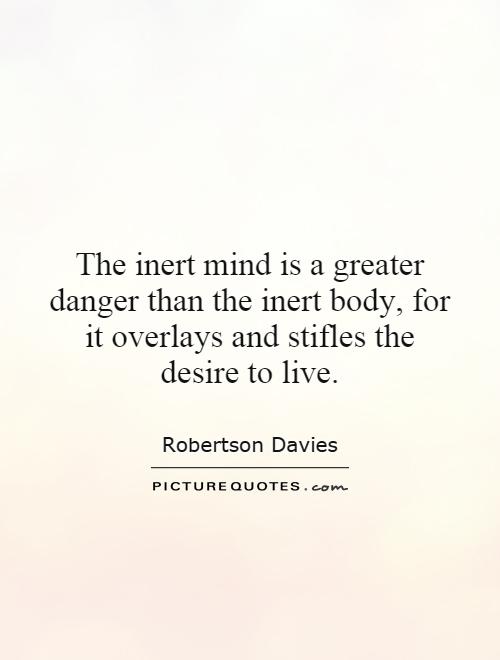
The inert mind is a greater danger than the inert body, for it overlays and stifles the desire to live
In the world of Robertson Davies, the idea of the inert mind being a greater danger than the inert body is a recurring theme. Davies, a Canadian novelist, playwright, and critic, often explored the complexities of human nature and the power of the mind in his works. In his novels, characters who are mentally stagnant or closed off from new experiences often find themselves trapped in a cycle of unhappiness and stagnation.One of Davies' most famous works, "Fifth Business," delves into the idea of the inert mind through the character of Dunstan Ramsay. Ramsay is a man who is content to live a quiet, uneventful life, but he soon realizes that his lack of ambition and curiosity is holding him back from truly living. As he embarks on a journey of self-discovery and personal growth, Ramsay learns that the mind can be a powerful force for both good and evil.
In another of Davies' novels, "The Manticore," the protagonist, David Staunton, grapples with his own inner demons and struggles to break free from the constraints of his own mind. Staunton's journey is a testament to the idea that the mind can be a dangerous place if left unchecked, as it has the power to shape our perceptions of the world and ourselves.
Davies' exploration of the inert mind as a greater danger than the inert body is a reflection of his belief in the importance of intellectual curiosity and personal growth. He believed that a stagnant mind could lead to a life devoid of meaning and purpose, while a curious and open mind could lead to a life filled with joy and fulfillment.

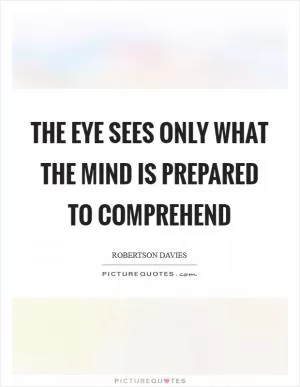



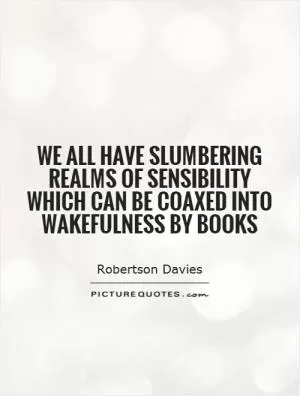
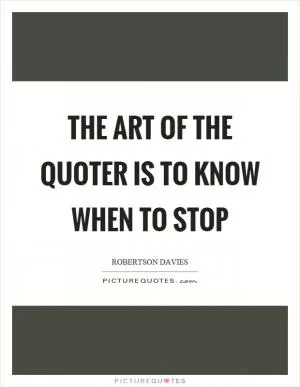



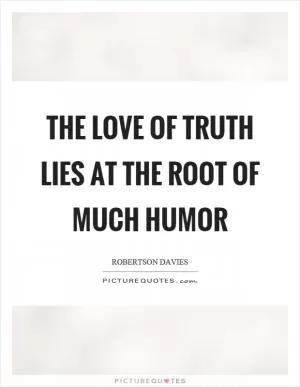

 Friendship Quotes
Friendship Quotes Love Quotes
Love Quotes Life Quotes
Life Quotes Funny Quotes
Funny Quotes Motivational Quotes
Motivational Quotes Inspirational Quotes
Inspirational Quotes